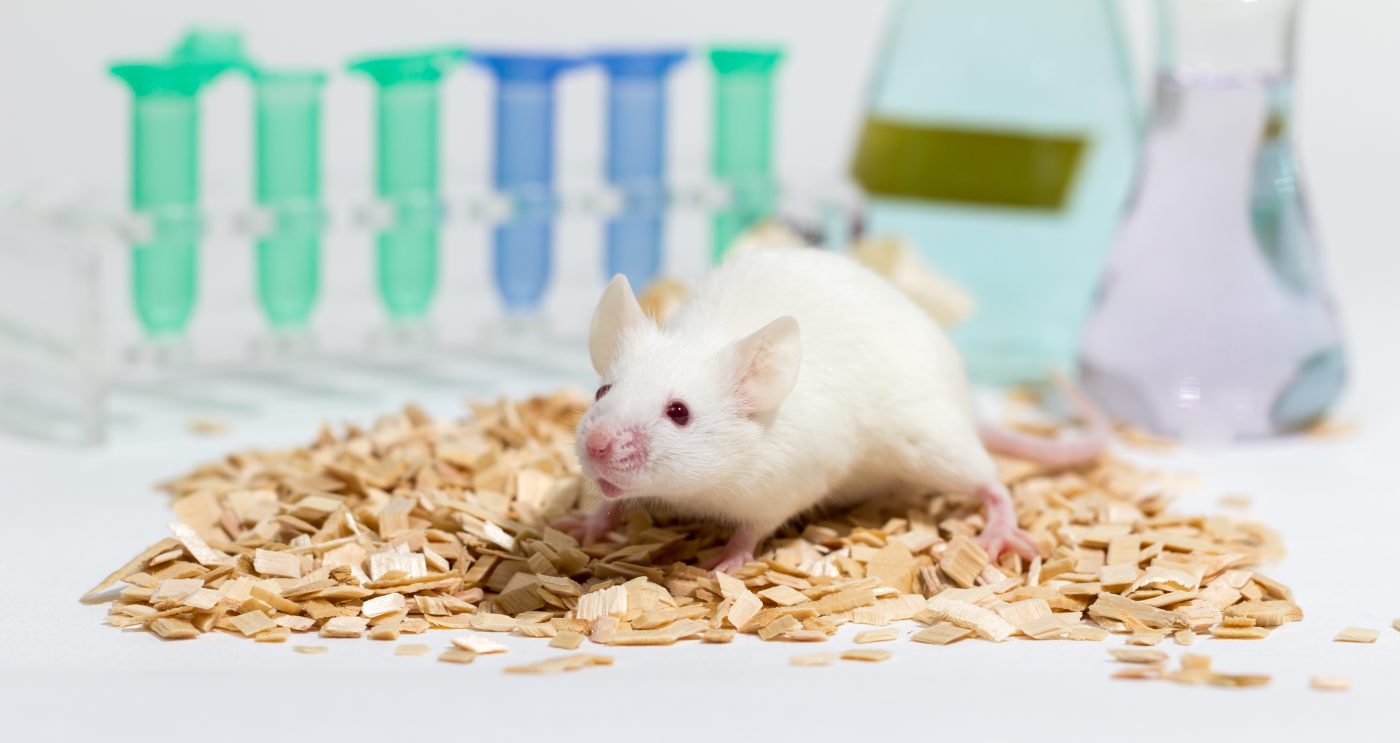Anti-inflammatory Agent Ulinastatin Decreases Pulmonary Fibrosis, Study Shows
Written by |

An anti-inflammatory agent known as ulinastatin decreases pulmonary fibrosis, and at high doses may protect against lung tissue scarring, a study in rats showed.
The research, “Therapeutic effect of ulinastatin on pulmonary fibrosis via downregulation of TGF‑β1, TNF‑α and NF‑κB,” was published in the journal Molecular Medicine Reports.
Ulinastatin, also known as bikunin, is used to treat such inflammatory diseases as pancreatitis and Stevens-Johnson syndrome, plus burns and septic shock, a potentially dangerous reaction to infection.
It works by inhibiting inflammatory proteins called proteases that break up other proteins. These proteases include trypsin, chymotrypsin, neutrophil elastase and plasmin.
Pulmonary fibrosis treatments typically include corticosteroids, immunosuppressors and cytotoxic agents. Many patients fail to respond to them, however, and their long-term use can cause undesirable side effects.
Because ulinastatin reduces inflammation in other diseases, researchers wanted to see if it could do so in a rat model of pulmonary fibrosis.
The team divided the rats into three groups: healthy ones, rats treated with bleomycin to trigger pulmonary fibrosis, and rats with pulmonary fibrosis treated with either low or high doses of ulinastatin.
A key finding was that ulinastatin reduced the pulmonary fibrosis rats’ lung scarring by 65 percent after only seven days.
High doses were better at preventing scarring, particularly in the early phase of pulmonary fibrosis. Although some of the untreated rats with pulmonary fibrosis died, none of the treated ones did, suggesting that ulinastatin has a protective role.
Ulinastatin did not completely prevent fibrosis, however. Researchers said longer treatment may be needed to complete healing and reverse fibrosis.
To see if ulinastatin affects inflammation, researchers looked at the rats’ levels of three inflammatory cytokines — transforming growth factor‑β1 (TGF-β1), tumor necrosis factor‑α (TNF‑α) and nuclear factor‑κB (NF‑κB).
As expected, the team found these proteins’ levels higher in the untreated pulmonary fibrosis rats. But ulinastatin restored the levels to normal.
“Based on the data presented in this study, UTI [ulinastatin] represents a promising therapeutic strategy for pulmonary fibrosis and inflammatory disorders,” the researchers wrote.
They said studies need to be done on the drug’s long-term side effects and toxicity before moving it into clinical trials.





